As we approach 2030, we are pleased to witness legislative efforts aimed at enhancing wildlife connectivity, particularly in support of achieving California’s 30×30 conservation goals. ForestWatch’s primary state priorities include legislation focused on habitat connectivity, holding oil and gas operators accountable, and ensuring equitable access to outdoor spaces. We are particularly enthusiastic about AB 1889, known as the Room to Roam Act, sponsored by Assemblymember Friedman, which is featured in this year’s legislative agenda. This legislation mirrors our Room to Roam program, dedicated to safeguarding majestic wildlife. AB 1889 would require local governments to consider wildlife connectivity as part of their general plan. Currently, we are collaborating with local governments to replicate our recent success with the Ventura County Wildlife Corridor ordinances. Similarly, AB 2320 (Irwin) was introduced by our southern-elected Assemblymember Irwin which would require the California Natural Resources Agency (CNRA) to identify wildlife corridors as part of its 30 x 30 planning, implementation, and report to the Legislature. Both bills underscore the growing necessity of wildlife connectivity initiatives to preserve genetic diversity, mitigate habitat fragmentation, and reduce wildlife encounters with dangerous highways. These legislative efforts are crucial steps towards fostering healthier ecosystems and achieving long-term conservation objectives.
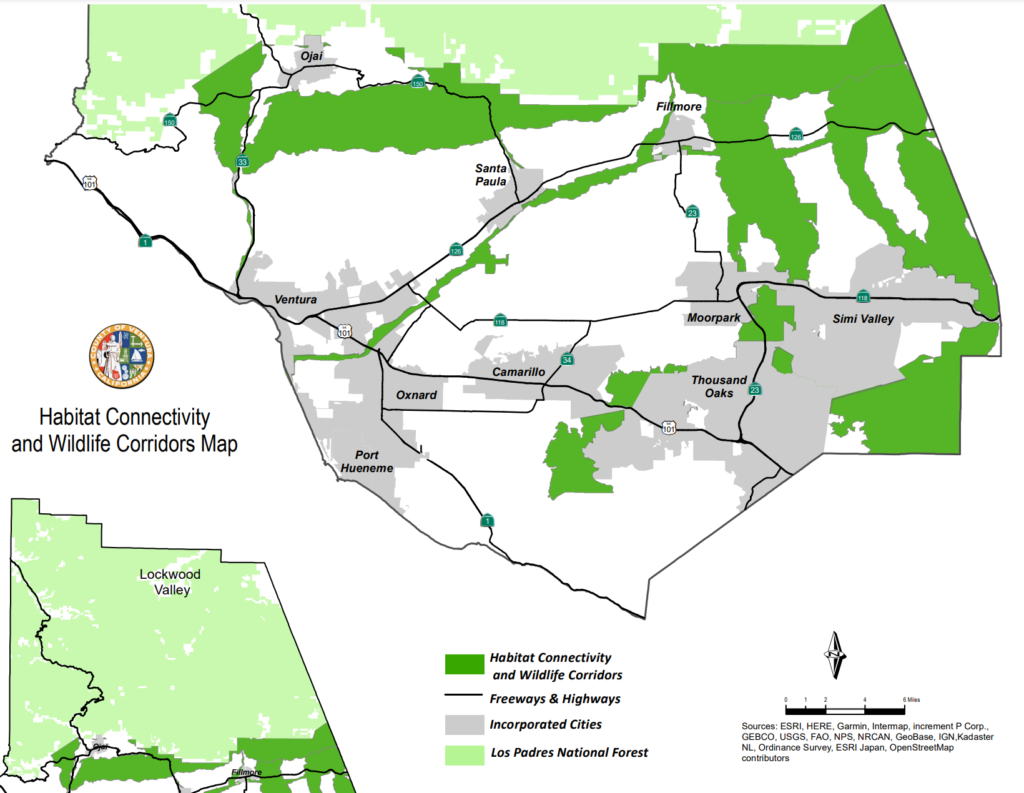
Ensuring accountability for oil and gas polluters is essential for safeguarding public lands. We commend our elected officials for proactively addressing this issue. This legislative session, Assemblymember Addis, Assemblymember Hart, and Senator Limón have introduced crucial bills aimed at holding polluters accountable. AB 1866 introduced by Assemblymember Hart would require oil operators to develop a comprehensive plan to expeditiously plug the estimated 40,000 idle oil wells in California within the next decade. The bill also requires operators to prioritize plugging wells within 3,200 feet of where communities live, play and work. AB 3233 introduced by Assemblymember Addis would safeguard the longstanding authority of local governments to regulate and phase out oil and gas operations in their jurisdictions and affirm the state’s commitment to protect the public from oil and gas pollution. As the state shifts away from fossil fuels we have seen an uptake in the oil and gas industry using everything in its power to keep polluting communities including filling up public hearings with employees leaving no room for community residents to give comments. This intimidation tactic undermines the judgment of local governments, ultimately harming our communities
SB 1304 , introduced by Senator Limón, mandates that the State Water Resources Control Board conduct an environmental assessment of proposed aquifer exemptions under the California Environmental Quality Act (CEQA). It requires at least one public hearing during this assessment process. This legislation is particularly critical as Senator Limón district currently faces several pending aquifer exemptions. There is uncertainty whether this legislation will affect the ongoing Sespe aquifer exemption proposal in Los Padres National Forest, which faces significant opposition at local, state, and federal levels. In 2022, four members of Congress—Senators Alex Padilla and Dianne Feinstein, and Representatives Salud Carbajal and Julia Brownley—expressed concerns to the Environmental Protection Agency (EPA) regarding this exemption, citing potential threats to nearby water supplies and ecosystems. They urged the EPA to conduct a comprehensive environmental review. The oil company submitted its exemption request in 2016 following a statewide EPA investigation revealing widespread discharge of pollutants into protected water sources. SB 1304 plays a crucial role in safeguarding public lands, public health, and ensuring transparency in the public comment process.
We believe that visiting our public lands and fostering meaningful connections are crucial for advancing conservation efforts. Assemblymember Reyes introduced AB 2440, which proposes that the California Natural Resources Agency promote and support the responsible acquisition and stewardship of state lands as part of achieving the 30×30 conservation goal. Additionally, Assemblymember Quirk-Silva’s AB 2038 aims to establish a statewide standard for supporting small non-commercial outdoor equity programs at state parks and beaches. This legislation ensures these programs have equitable access to natural areas, similar to the general public, without additional restrictions or permits, thereby reducing barriers to public land access.
Legislation promoting equity and outdoor access is essential for learning to coexist with wildlife and becoming responsible stewards of our environment. Through our youth and community engagement program, we actively advocate for protecting our region’s natural spaces by enhancing access to outdoor recreation and environmental education. We collaborate with schools and youth groups to create positive experiences in our forests that cultivate an appreciation for wildlife, wilderness, and stewardship.
We are pleased to see state legislation supporting our objectives and making it through the legislative process. Stay informed about the advancement of these bills by referring to our Top CA Legislative Priority 2024 list.
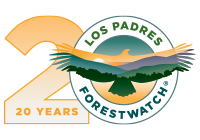

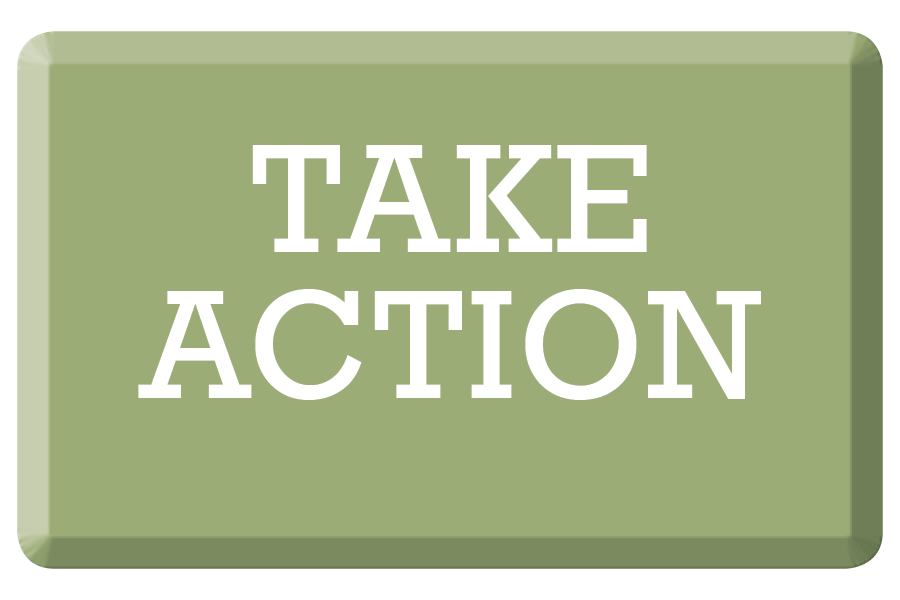
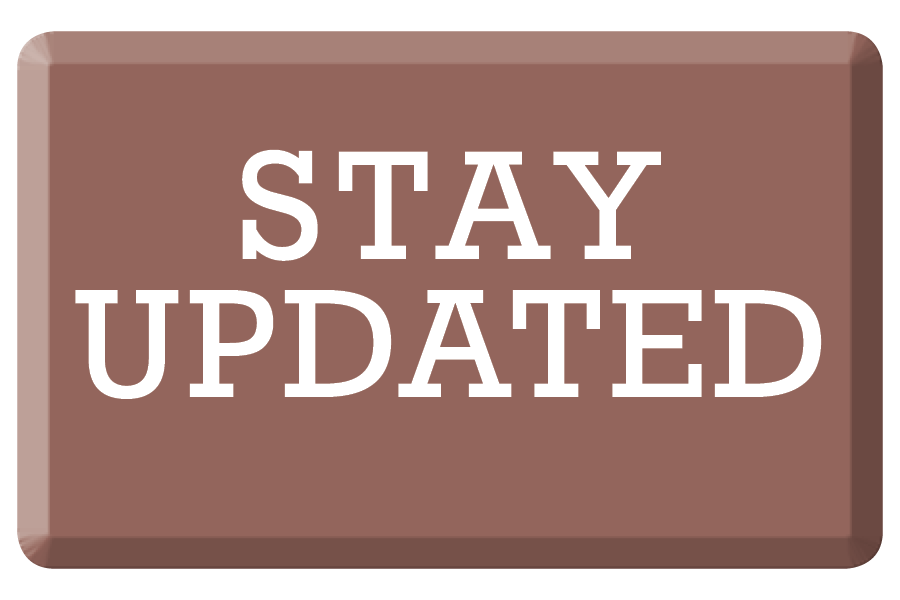
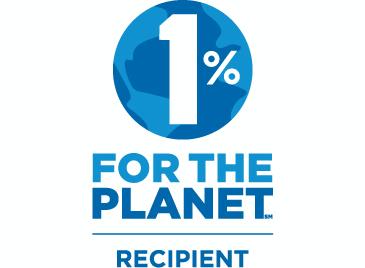

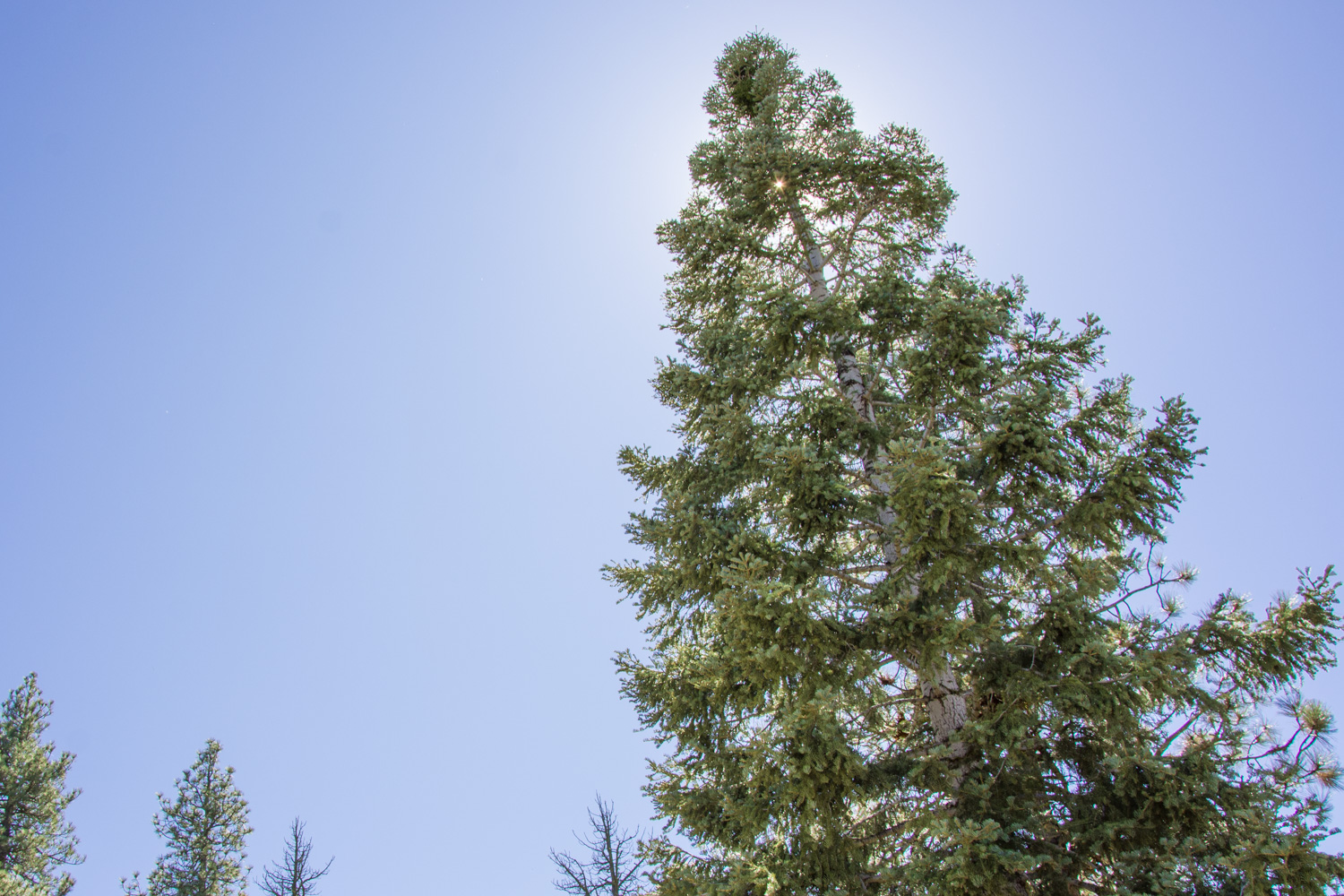
Comments are closed.